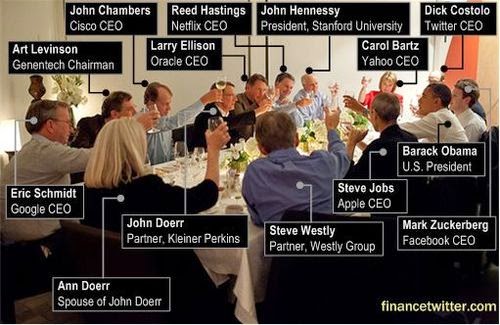Earth Day, first declared on Mar. 21, 1969, was the brainchild of John McConnell, a celebrated peace activist, who recognized that peace, progress, and prosperity depended on balanced ecological processes. He convinced the UN secretary, U Thant, and other leading figures, to declare the northern vernal equinox Earth Day.
Linking Earth Day to the equinox was a bad idea, however, because the equinox isn’t a day, it’s a specific time. It’s an infinitesimal moment when the Earth, spinning at 1,656 kilometers (about 1029 miles) per hour at the equator, lines up perpendicularly with the sun flying around it at 108,000 kilometers (about 67,108 miles) per second. For that microsecond, the north and south are equally illuminated, and day will be roughly as long as night. The equinox also occurs twice a year, and to choose the northern vernal equinox seems to only further the notion of Northern hemisphere hegemony.
Earth Day was never actually about Earth. It has always been about us.
McConnell’s Earth Day Proclamation came later, itself dated June 21, in 1970, which missed the equinox by three months. Thus far, the Proclamation has been signed by 36 people over the years, including John Denver (the famous singer), Margaret Meade (the famous anthropologist), Mikhail Gorbachev (the famous Russian), Yasir Arafat (the famous Palestinian), Isaac Asimov (the famous sci-fi writer), Buzz Aldrin (the famous astronaut), and, of course, U Thant and McConnell.
The Proclamation, however, in spite of its title, isn’t about Earth. In fact, it begins, “By the people of Earth for the People of Earth.”
So it was never about Earth. It has always been about us.
Time for action
The choice of Apr. 22 for Earth Day came shortly after McConnell’s proclamation in 1970, the national event founded by the Wisconsin Democratic senator Gaylord Nelson and co-chaired by California Republican congressman Paul McCloskey.
It started as an environmental teach-in and was christened “Earth Day” by its organizing committee, even though senator Nelson admitted he didn’t think that was the best name for it.
For almost 40 years, Earth Day was celebrated both on the northern vernal equinox and on Apr. 22, each vying for public subscription until the UN threw in the towel in 2009, declared Apr. 22 to be International Mother Earth Day.
And what is it we’re supposed to do? According to the resolution, countries are “to observe and raise awareness of International Mother Earth Day, as appropriate.” So if we deem that dressing up as pandas, doing yoga, and composting in the name of Earth is appropriate—go for it!
Environmental activism is critical in a world undergoing so much change, but Earth Day should celebrate Earth, not be an international day of declarations of environmental promise keeping.
We all know the grim numbers: The World Wildlife Fund’s Living Planet Report estimates that there has been a decline by 40% in wildlife populations around the world since 1970; almost a third of global fisheries have collapsed since the 1960s; The Keeling Curve, which tracks atmospheric CO2 since 1958, shows we are heading towards catastrophic climate change; and a group of experts say that out of nine safe operating boundaries for Earth, four of them are in the red zone.
It’s true, we’re better off today than we were before the Industrial Revolution in the sense that many of us have enough to eat (keeping in mind that over 800 million people still go hungry), but the environmental costs have been staggering.
Given the relentlessly depressing message of environmentalism, finding ways to make environmental action fun is important, so a globally coordinated network of environmental action is terrific, and Apr. 22 is as good a day as any to do that.""











